Youth stories | articles
Youth stories | articles
Explore the stories shared by young people Across Africa and Europe about the food systems in their cities and inspiring action—both online and in their communities—on the issues that matter to them.
Explore articles
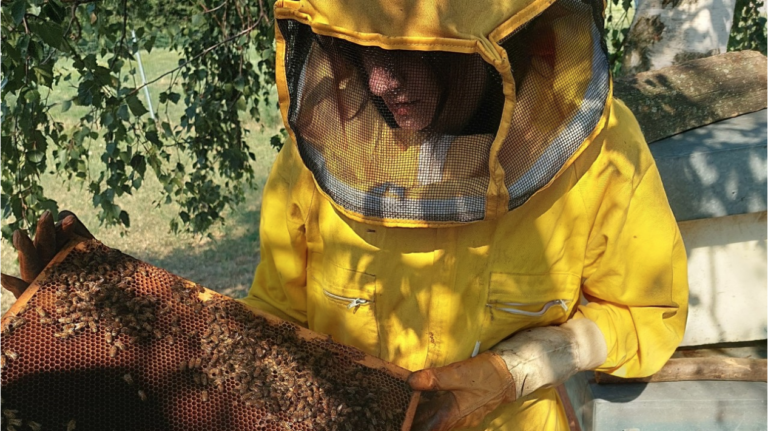
Seeds of shange: How Fattoria Roggero blends farming, conservation, and community
Submitted by Francesca Allemano
- Turin, Italy
Nestled in Rivoli’s scenic moraine hills, Fattoria Roggero champions beekeeping, biodiversity, and sustainability. Bees are the heartbeat of their work, vital for ecosystems and food security, enhancing crop quality while thriving in chemical-free mountain areas. Collaborating with Coldiretti Torino, they ensure a healthy, biodiverse environment through regular environmental checks.
More info
Education is at the farm’s core. Their teaching garden inspires children and adults to reconnect with nature’s rhythms, embracing patience and respect in contrast to today’s fast-paced world. On-site sales deepen this connection, empowering consumers to make thoughtful, responsible food choices.
Fattoria Roggero’s social mission shines through its work placement programs, supporting individuals with disabilities or unemployment challenges. By seamlessly blending production, conservation, and education, they show how sustainability isn’t just about taste—it’s about ethics, community, and protecting the planet.
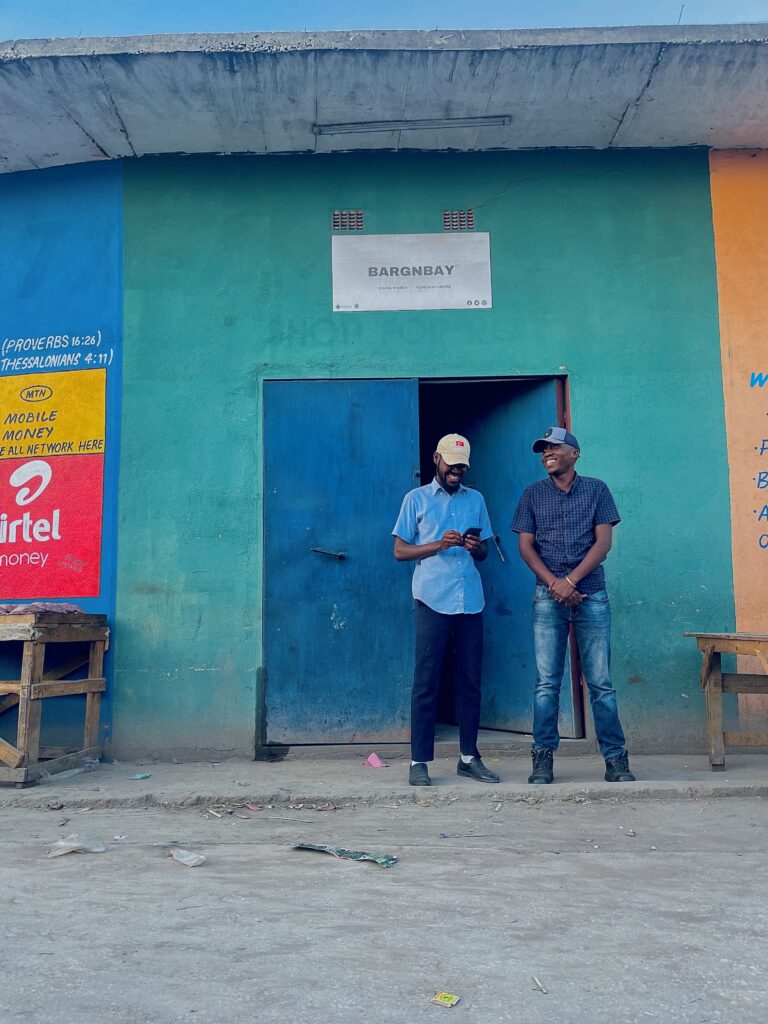
An inspiration in the food system - Bargnbay
Submitted by Womba Mufundi
- Lusaka, Zambia
Lusaka’s rapid growth has increased demand for affordable fresh produce, but busy working schedules make it difficult for many to visit traditional markets in the town centre.
More info
Recognising this challenge, the small tech start-up Bargnbay has introduced a food delivery app to bridge the gap between market vendors and households. By using digital technology, the platform makes fresh, local produce more accessible while supporting market vendors in reaching a wider customer base.
This innovation is transforming food accessibility in Lusaka, ensuring that even in a fast-paced urban environment, people can still enjoy affordable, fresh produce without having to navigate congested marketplaces.
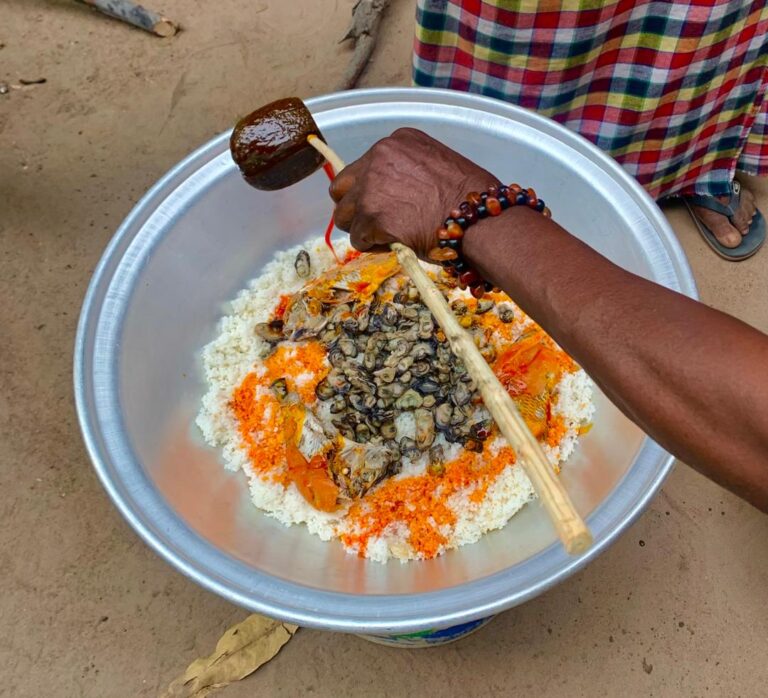
Les femmes rurales : Gardiennes des traditions culinaires en milieu urbain
Submitted by Abass M
- Dakar, Senegal
À Dakar, des femmes originaires de Casamance perpétuent leur héritage culinaire en adaptant les traditions djolas à la vie urbaine. Malgré l’éloignement de leur terre natale, elles continuent de préparer des plats emblématiques comme le riz au tir, préservant ainsi leur identité et leur culture.
More info
Réunies en collectifs, elles transmettent leur savoir-faire à travers des restaurants, des événements communautaires et des ateliers de cuisine intergénérationnels. Cependant, l’évolution des habitudes alimentaires menace cette transmission, rendant l’apprentissage plus difficile pour les jeunes générations.
Face à ce défi, ces femmes innovent en modernisant leurs méthodes et en misant sur la transmission directe. Entre tradition et adaptation, elles assurent la pérennité d’un patrimoine culinaire riche, rappelant que chaque repas est un vecteur de mémoire et de culture. Leur engagement participe aussi à la transformation des systèmes alimentaires urbains au Sénégal.
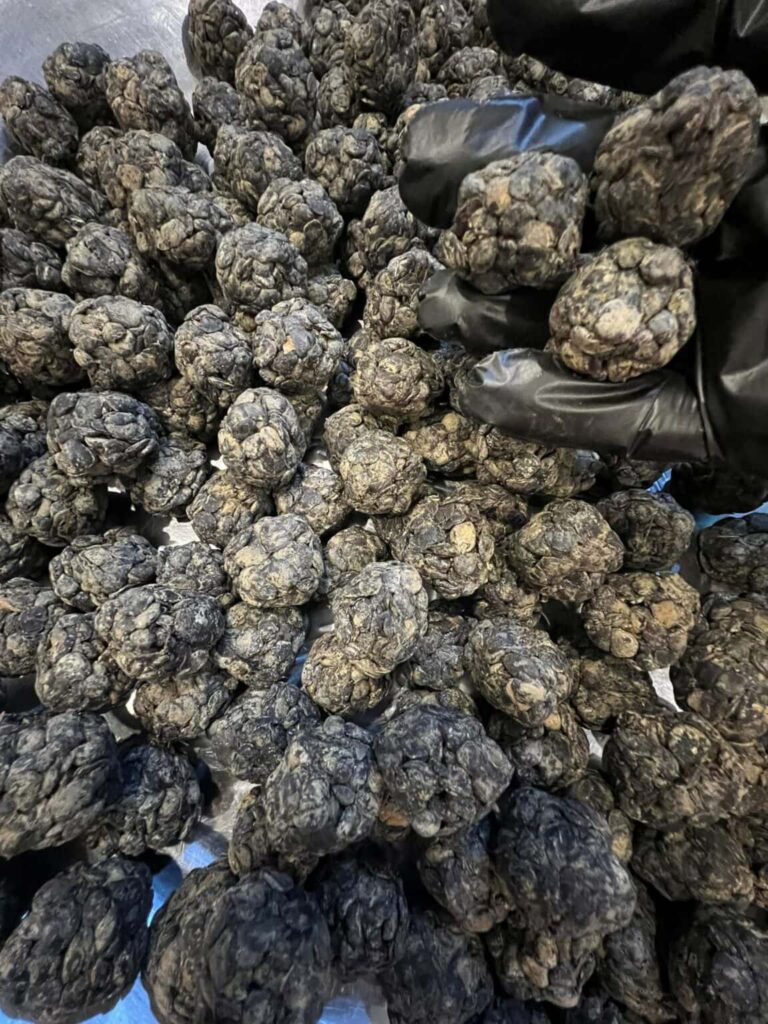
Soumbala “Kolgo” au Burkina Faso
Submitted by Farida
- Ouagadougou, Burkina Faso
Au Burkina Faso, le soumbala allie tradition, nutrition et autonomisation des Femmes. Le soumbala, également connu sous le nom de Kolgo en langue mooré, est un condiment traditionnel très apprécié au Burkina Faso.
More info
Issu de la fermentation des graines de néré, un arbre typique des savanes africaines, le soumbala joue un rôle central dans la culture culinaire locale, tant pour ses qualités gustatives que pour ses bienfaits nutritionnels.
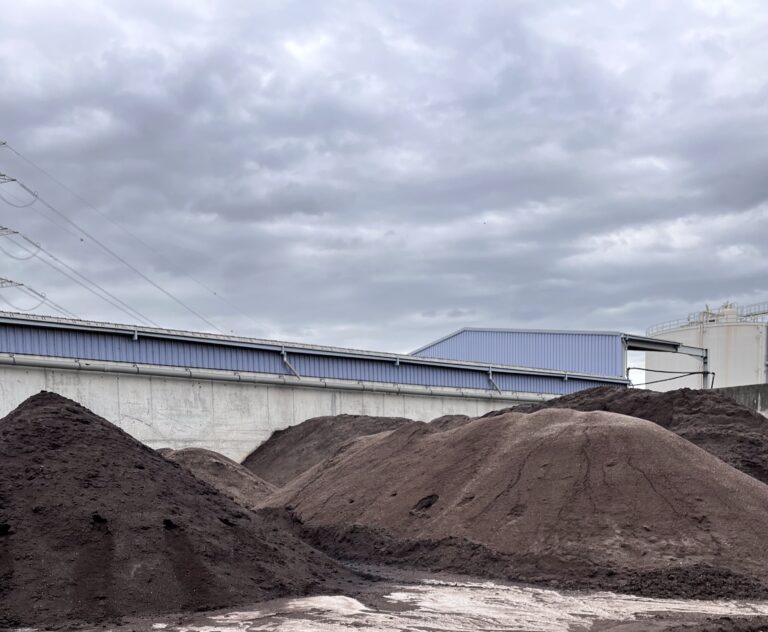
Valorsul’s role in Lisbon’s Composting Journey
Submitted by Cleyde Eunice Laice
- Lisbon, Portugal
Valorsul is a central player in Lisbon’s circular food economy, transforming organic waste from homes and businesses into valuable compost. This process involves collecting, sorting, and treating organic materials with advanced methods like automated aeration and temperature control.
More info
Beyond enriching soil for plant growth, this composting also generates biogas for energy. My recent visit highlighted Valorsul’s innovative and sustainable approach, driven by community involvement, to significantly decrease landfill waste and foster circular practices. Through collaborations with local authorities and educational programs, Valorsul is instrumental in cultivating a more sustainable and waste-conscious city.
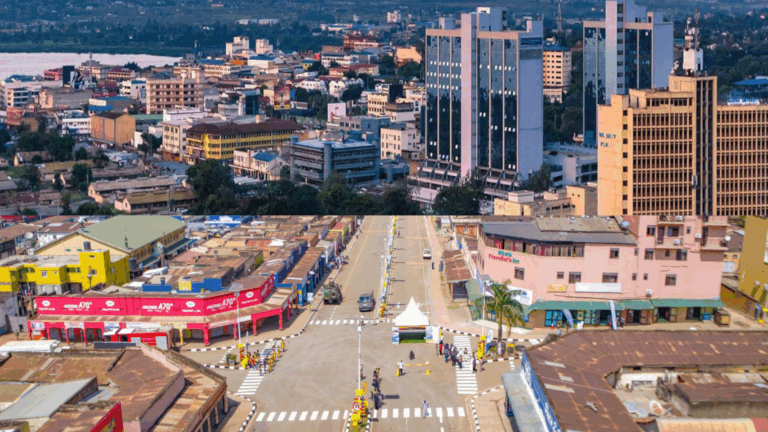
The East African Gems: Tales of Mbale and Kisumu
Submitted by Sam & Christine
- Mbale, Uganda & Kisumu, Kenya
In recognition of World Creativity and Innovation Day, this article shines a spotlight on Kisumu (Kenya) and Mbale (Uganda) as emerging innovation hubs in East Africa.
More info
These cities, rich in cultural heritage and natural beauty, are advancing sustainable development through creative and innovative initiatives, particularly in circular agribusiness and food system governance.
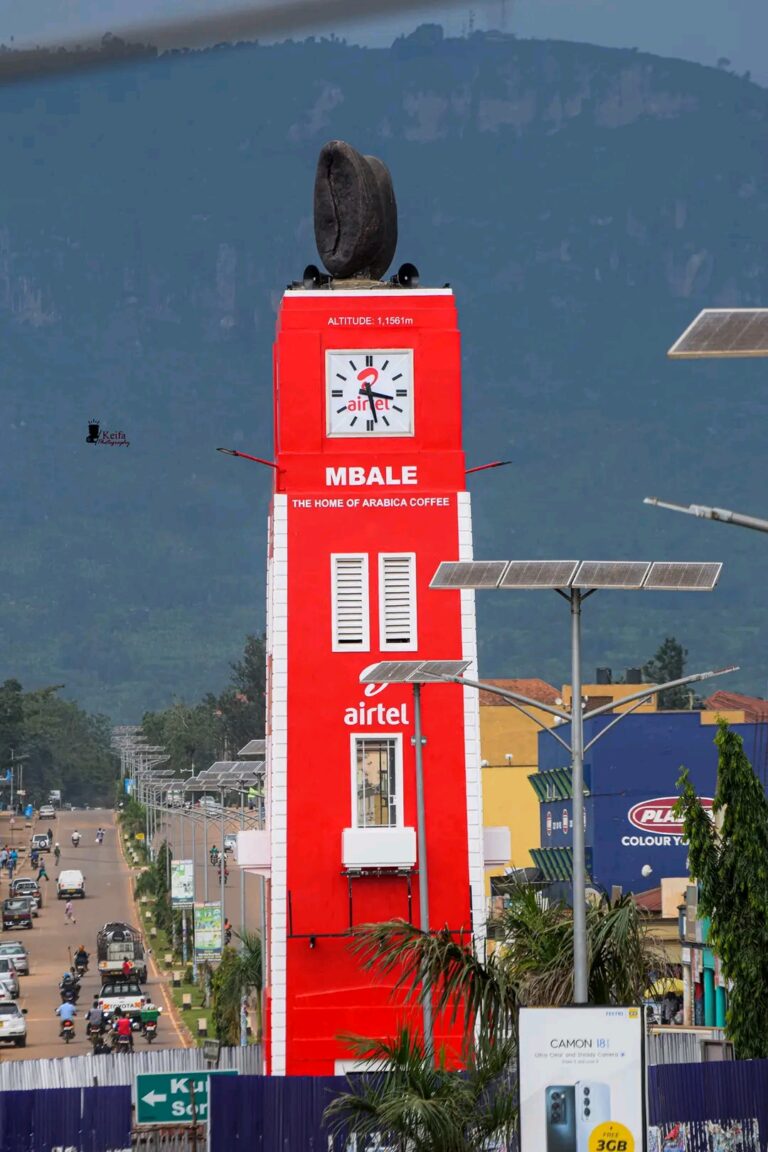
Mbale City: A city of beauty and charm
Submitted by Sam Wesamoyo
- Mbale, Uganda
Mbale City, located in Eastern Uganda near Mount Elgon, holds deep emotional and cultural significance. Known for its stunning natural beauty, highlighted by the Wanale Ridge, waterfalls, and views of Mount Elgon, the city also boasts a peaceful, welcoming atmosphere.
More info
Its diverse population lives in harmony, embodying a spirit of hospitality. Culturally rich, Mbale is home to the traditional Malewa dish and the Imbalu ceremony, a rite of passage for the Bagisu people. As the city evolves with modern infrastructure, it retains its charm, warmth, and cultural heritage, making it a cherished home.
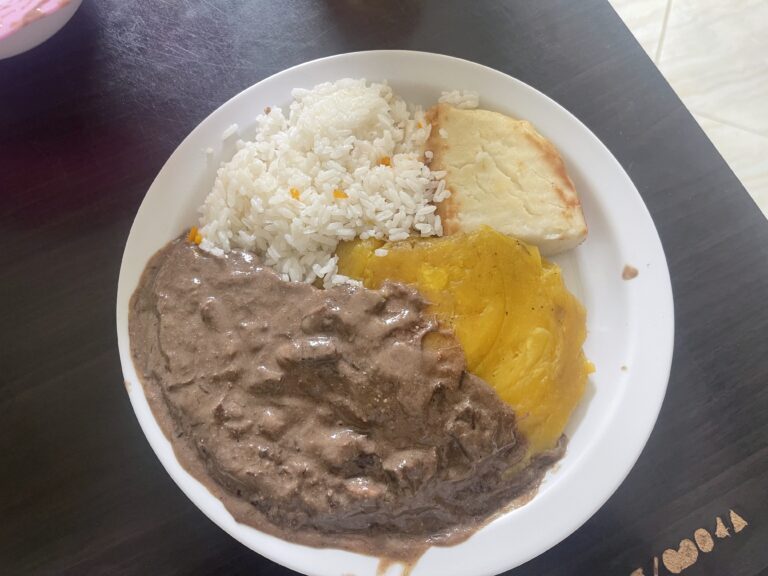
Malewa: A nutrient rich culinary delight
Submitted by Sam Wesamoyo
- Mbale, Uganda
This story shades light on the cultural dish of the Bagisu people in Mbale city.
More info
Embracing traditional foods isn’t merely about satisfying our taste buds; it’s about honoring our heritage, age-old delicacies and recipes passed down through generations, celebrating diversity, maintaining a deep connection to our roots and safeguarding the soul of our communities.
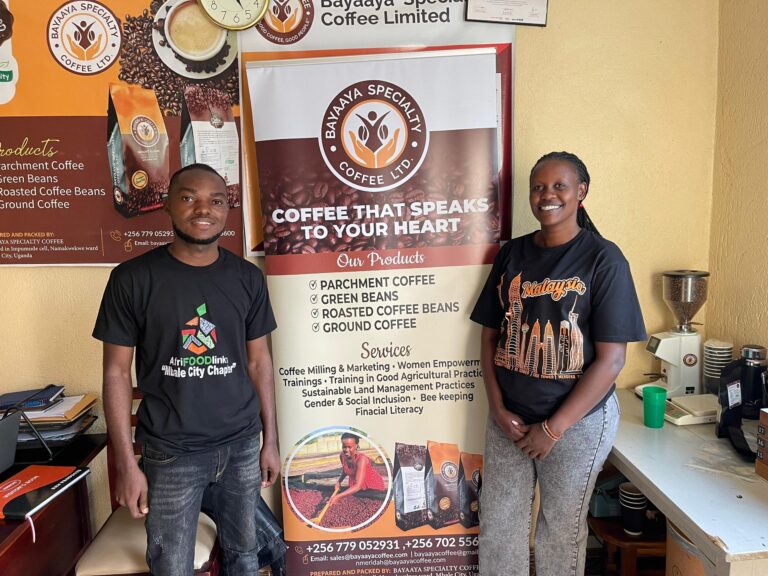
The story of Bayaaya Speciality Coffee Ltd
Submitted by Sam Wesamoyo
- Mbale, Uganda
In Mbale, Uganda, Arabica coffee thrives—but women often face gender inequality in its production. Witnessing this, Nandudu Meridah founded Bayaaya Specialty Coffee in 2018 to empower women and young mothers through coffee farming.
More info
“Bayaaya,” meaning “Sisterhood/Brotherhood,” reflects its mission to fight poverty and domestic violence while advancing SDGs 1, 2, and 5. Despite community bias and financial constraints, the company grew from 85 to 1,000 farmers, selling 300kg in 2018 to over 175 tonnes in 2023. Bayaaya now employs 30+ women seasonally and provides agricultural training. Supported by grants and mentorship, Meridah’s journey shows how determination and purpose can drive impactful change.
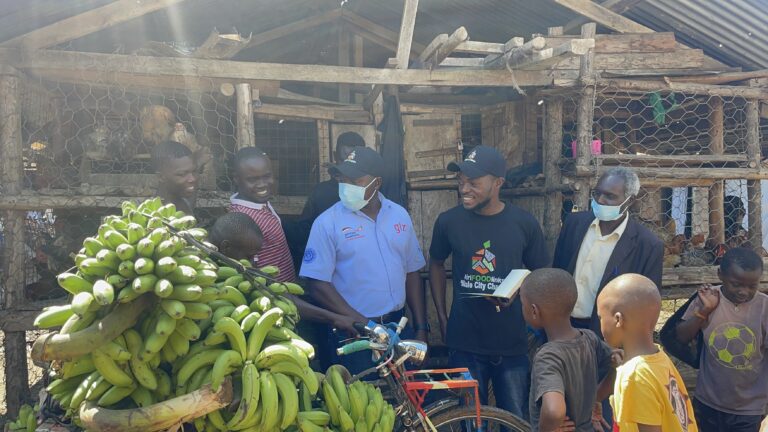
Food safety advocacy at Namakwekwe Market
Submitted by Sam Wesamoyo
- Mbale, Uganda
On May 25th 2024, I led a youth activation at Namakwekwe (Kikindu) Market in Mbale City to raise awareness around food safety and hygiene—critical but often neglected issues in many local markets.
More info
Through clean-up efforts, vendor engagement, and a hands-on training session, we tackled real challenges like poor drainage, limited food safety knowledge, and management gaps. The energy and interest from vendors showed just how much impact initiatives like this can have. This story is about action, collaboration, and reclaiming safe, healthy spaces in our food system—starting with the markets that need it most. Click through to see what we achieved together.
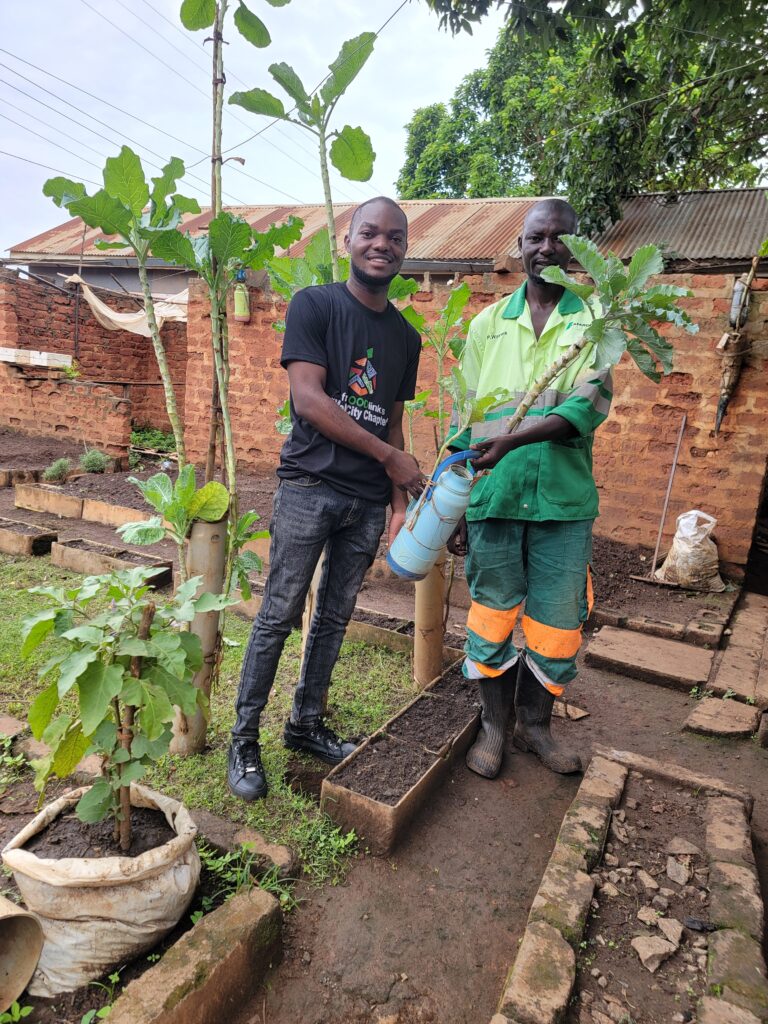
Cultivating Organic Success in Mbale City
Submitted by Sam Wesamoyo
- Mbale, Uganda
This article highlights the success story of Mr. Juma Wepukhulu, a young urban farmer and founder of the Elgon Integrated Urban Farmers Association (EIUFA) in Mbale city.
More info
It highlights what Urban farming is about and its relevancy given that land becomes increasingly scarce in cities as they continue to grow due to populations growth that also results into an increment in the demand for food.
Urban farming has gained popularity, especially in emerging and expanding cities, as a way to maximize limited space. It contributes to household food security and can serve as an alternative source of income among relevant purposes.
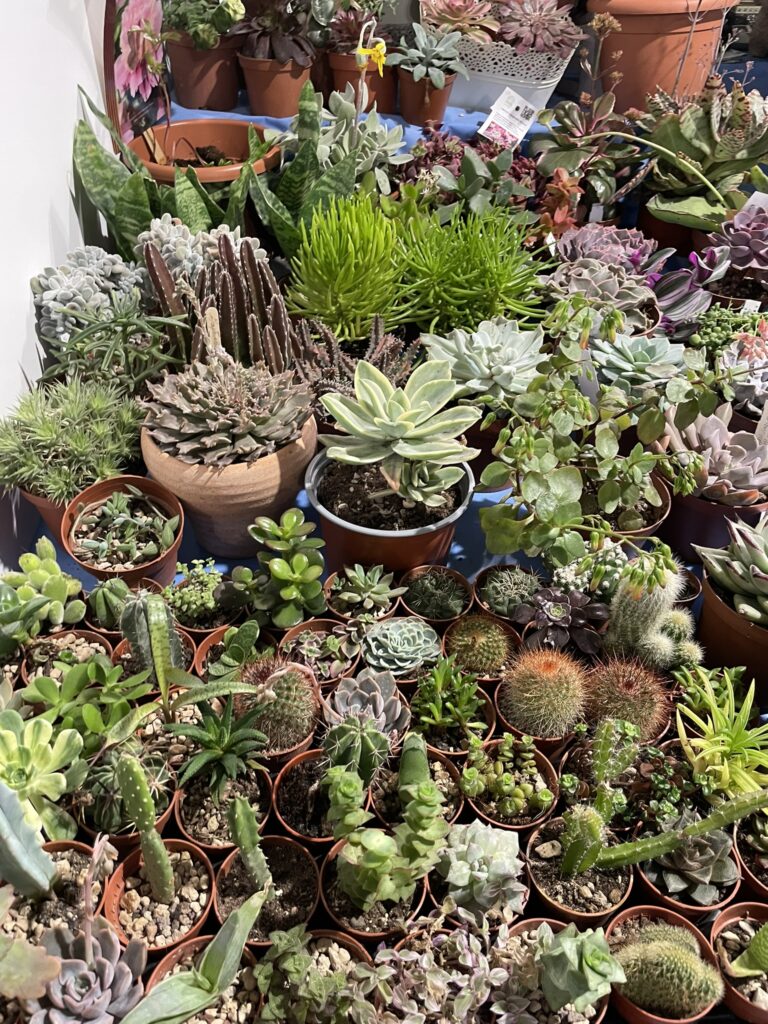
"Fa' la cosa giusta!" An ode to sustainability and local crafts
Submitted by Tegitu Casiraghi
- Milano, Italy
In a world that increasingly calls us to action, finding signs of hope and concrete change is crucial.
More info
“Fa’ la cosa giusta!” fair in Milan was just that: an endless source of inspiration and a tangible invitation to make the right choice. Here’s what I learned and what particularly struck me.
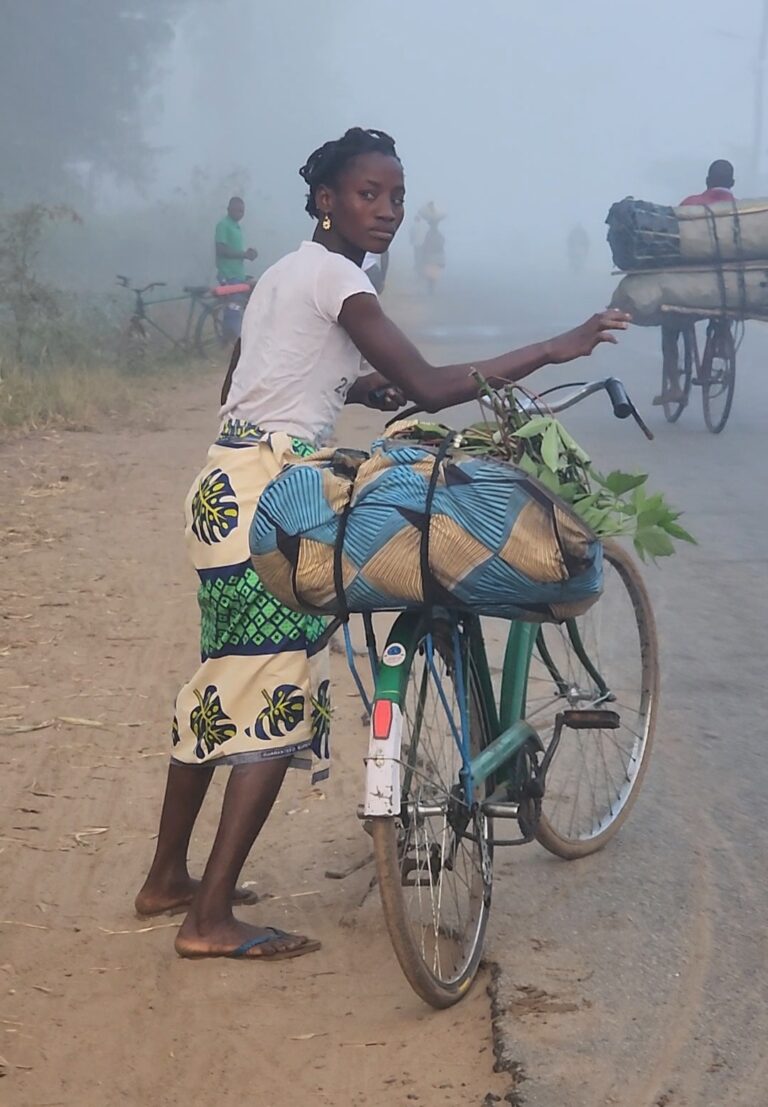
Melodies of the market
Submitted by Fernando Sozinho
- Quelimane, Mozambique
This story sheds light on the daily lives of a group of women who sell vegetables in the city.
More info
These women begin their day before dawn, following a demanding routine to make a living. Their day starts at 4 am as they leave their homes to catch an early bus to the countryside. This early start is crucial to securing the freshest vegetables for sale. Once they arrive in the countryside, they purchase produce directly from local farmers and then make their way back to the city to set up their selling spots. By 5 am they are on the streets, carrying their vegetables in baskets or carts. They often sing traditional songs to attract customers and to inform them of what’s on offer.
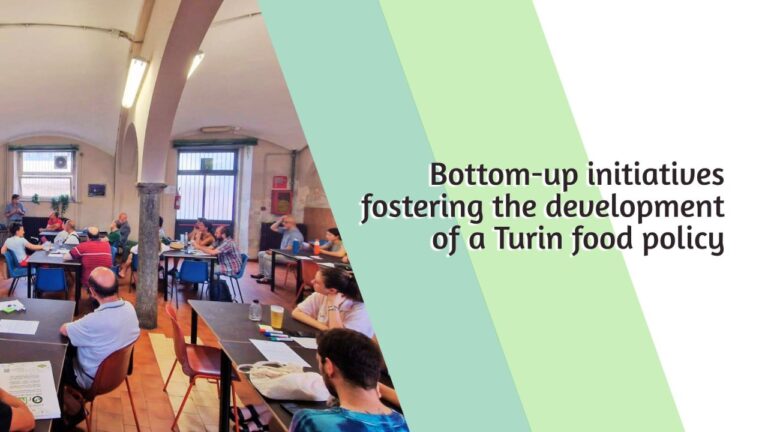
PunTo al Cibo and the creation of a Youth Food Policy Council
Submitted by Francesca Allemano
- Turin, Italy
What if food became more than what’s on our plate—what if it became a tool for justice, inclusion, and democracy? In Turin, this vision is taking shape. PunTo al Cibo, a grassroots network founded in 2022, unites associations, communities, and researchers to fight food poverty, reduce waste, and secure the right to healthy food for all.
More info
Alongside it, the In Cibo Civitas project has sparked momentum for a Youth Food Policy Council, bringing students, farmers, activists, and local processors into the conversation. These initiatives reveal both the urgency and the promise of change: turning dialogue into concrete action and ensuring the voices of marginalized youth are not just heard, but central. Together, they show how networks and young leaders can transform urban food systems into engines of equity and sustainability. Discover how Turin’s new generation is reshaping the future of food—starting today.
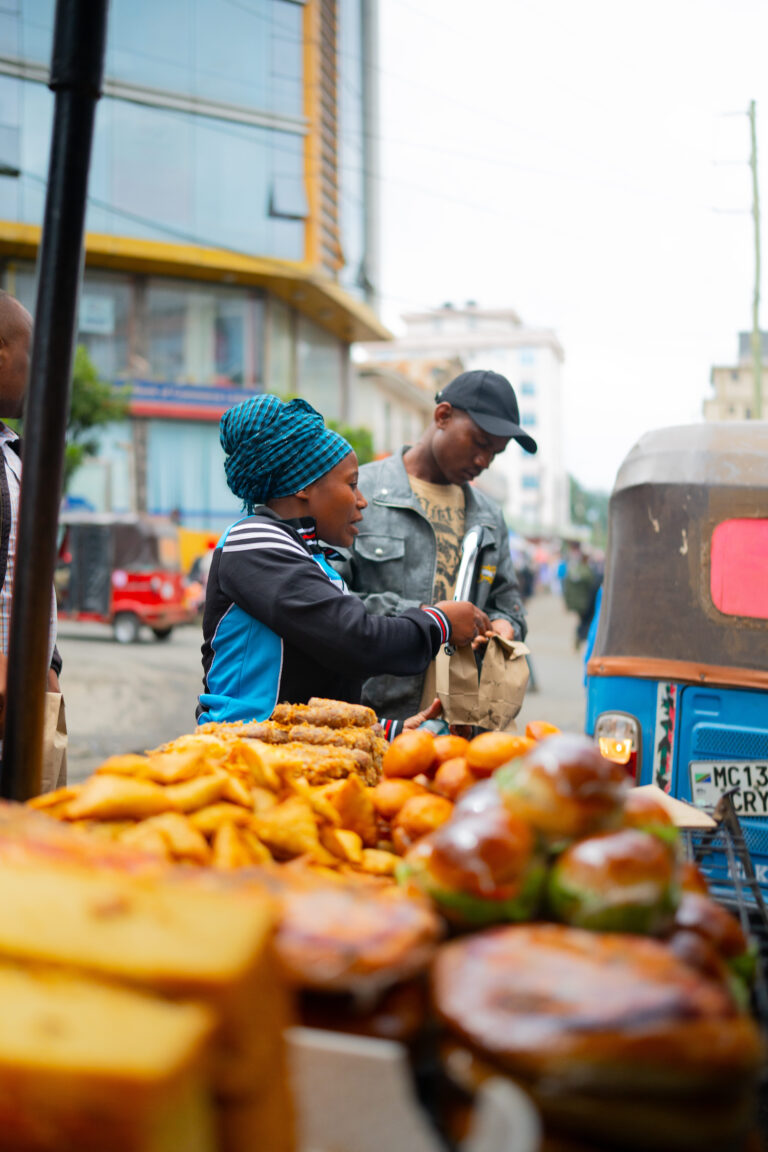
From Soil to Safari: How Arusha's food system blends sustainability and tourism
Submitted by Filbert Minja
- Arusha, Tanzania
“From Soil to Safari” examines how Arusha’s food system intersects with its booming tourism industry, where over 1.8 million visitors drive rising food demand. While smallholder farmers and vendors are central to the supply chain, challenges such as inconsistent supply, poor infrastructure, food safety issues, and climate change limit their impact.
More info
The article stresses the importance of stronger food-tourism linkages to retain revenue, support local agriculture, and reduce imports. With investments in infrastructure, training, and coordination, Arusha can showcase authentic cuisine through market tours and cooking classes, enhance visitor experiences, improve livelihoods, and position itself as a model for sustainable development.

From Soil to Safari: How Arusha's food system blends sustainability and tourism
Submitted by Filbert Minja
- Quelimane, Mozambique
“From Soil to Safari” examines how Arusha’s food system intersects with its booming tourism industry, where over 1.8 million visitors drive rising food demand. While smallholder farmers and vendors are central to the supply chain, challenges such as inconsistent supply, poor infrastructure, food safety issues, and climate change limit their impact.
More info
The article stresses the importance of stronger food-tourism linkages to retain revenue, support local agriculture, and reduce imports. With investments in infrastructure, training, and coordination, Arusha can showcase authentic cuisine through market tours and cooking classes, enhance visitor experiences, improve livelihoods, and position itself as a model for sustainable development.

From Soil to Safari: How Arusha's food system blends sustainability and tourism
Submitted by Filbert Minja
- Quelimane, Mozambique
“From Soil to Safari” examines how Arusha’s food system intersects with its booming tourism industry, where over 1.8 million visitors drive rising food demand. While smallholder farmers and vendors are central to the supply chain, challenges such as inconsistent supply, poor infrastructure, food safety issues, and climate change limit their impact.
More info
The article stresses the importance of stronger food-tourism linkages to retain revenue, support local agriculture, and reduce imports. With investments in infrastructure, training, and coordination, Arusha can showcase authentic cuisine through market tours and cooking classes, enhance visitor experiences, improve livelihoods, and position itself as a model for sustainable development.
